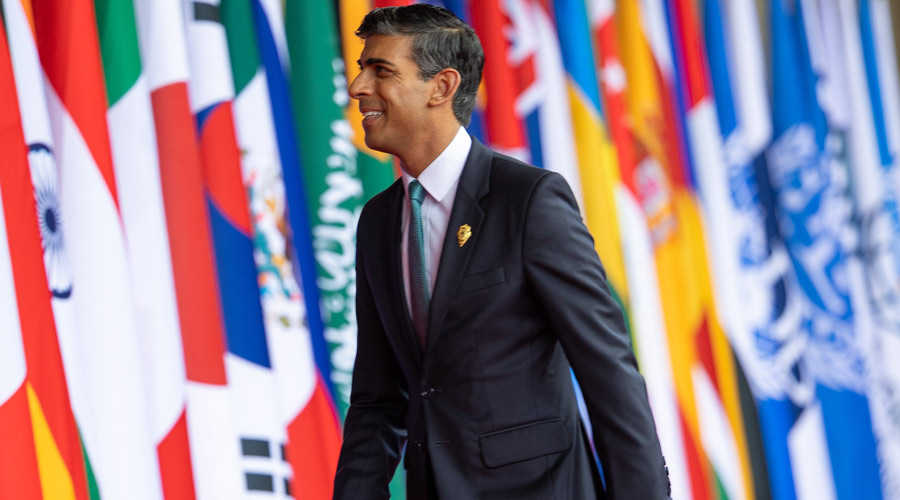The G20's Bali Declaration on Wednesday acknowledged the vital importance of strengthening safe international mobility and connectivity and seamless post-Covid travel to enable the recovery of the tourism sector.
The declaration noted that the global tourism industry was derailed by the COVID-19 pandemic, particularly due to the travel restriction.
At the same time, it said, the pandemic has created a unique opportunity to accelerate the necessary change in the tourism industry in line with the 2030 Agenda and SDGs aimed at more inclusive, sustainable, and resilient sectors.
As per World Tourism Organisation (WTO) data, 96 per cent of global destinations had travel restrictions in place in April 2022. There were 50 million tourism jobs losses in 2020. There was an accumulated direct tourism GDP loss of USD 4 trillion in 2020-2021.
The G20 declaration acknowledged the importance of establishing a global framework for safe and seamless travel to support the tourism sector's continued recovery and make travel more resilient to future threats.
The transformation of the tourism industry and its contribution to the SDGs cannot be achieved without the transformation of its key stakeholders which are the small businesses and communities, the declaration noted.
"We reaffirm the important role of tourism for global recovery, and the community-based approach for rebuilding a more human-centred, inclusive, sustainable, and resilient tourism sector," it said.
"We acknowledge the vital importance of strengthening safe international mobility and connectivity and seamless post-Covid travel to enable tourism recovery," the declaration added.
The G20 nations recognised that creative economy contributes to improving the resiliency of tourism local communities and MSMEs (Micro, Small and Medium Enterprises) through human capital development, digital transformation, innovation, public-private partnerships, sustainable preservation of natural and cultural heritage, and innovative financing while retaining their significant commercial and cultural values.
Creative economy involves knowledge-based economy, human creativity, and intellectual property rights.
The declaration said the G20 nations have agreed to develop guidelines to provide a framework project in facilitating the transformation of the tourism sector through policy actions targeting MSMEs and communities in the aftermath of the COVID-19 crisis.
The guidelines will also be developed in the context of the climate and environmental emergency, rising social and territorial inequalities, digitalisation, and the global economic changes of the COVID-19 recovery.
"We believe that tourism connects people, promotes understanding, and encourages global peace, therefore a strong multilateralism by building on the works, consensus, and achievements for tourism recovery in the G20 forum should be the highest priority," the declaration said.
It noted that prior to COVID-19, travel and tourism had become one of the most important sectors in the world economy, accounting directly for 4 percent of global GDP (UNWTO) and 10.3% when considering its direct, indirect, and induced impacts (WTTC).
In addition, it supported 195 million jobs directly (UNWTO) and more than 330 million jobs in total worldwide.
"However, data from the World Tourism Organisation (UNWTO) shows that the global pandemic has put approximately 100 million of jobs at risk, many in micro, small, and medium-sized enterprises (MSMEs) that employ a high share of women, who represent 54 per cent of the tourism workforce," the declaration said.
To overcome the impact of the pandemic, the declaration emphasised on the importance of strengthening the resilience of local communities and MSMEs by creating an enabling environment and strengthening synergies between tourism and the creative economy.
"We, the G20 Tourism Ministers, reaffirm our commitment to design and implement policies to expedite an inclusive, sustainable, and resilient tourism recovery for a better future for the sector and renewal through people-centered transformation, innovation, public-private and international cooperation, the promotion of social dialogue and the creative economy," it said.












